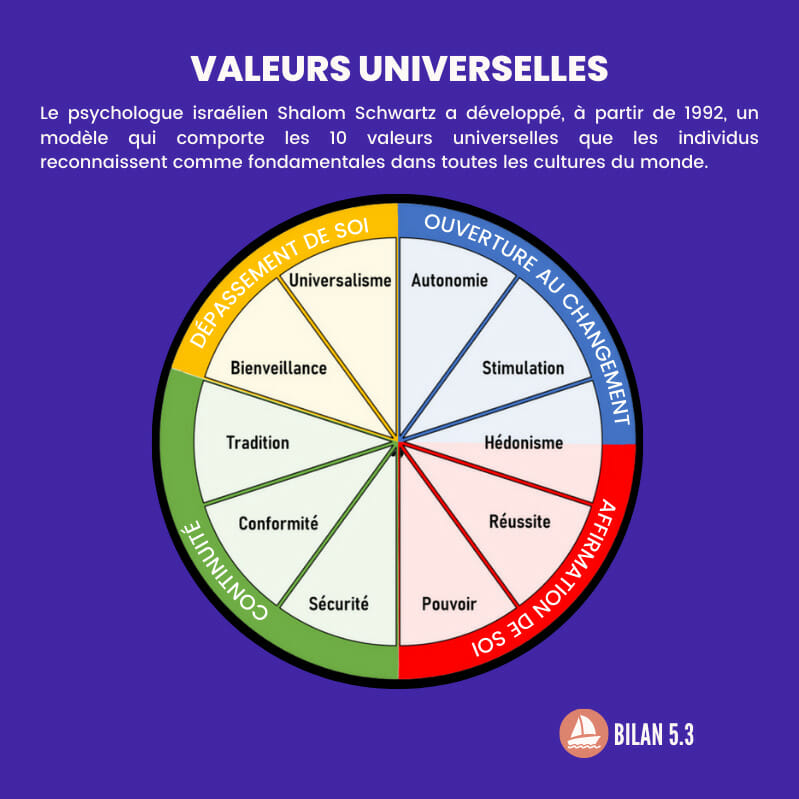Regular excessive alcohol consumption can damage the brain. Researchers are interested in the long-term harmful effects in people over the age of 40.

Many people have already experienced the blackout, this famous black hole, the consequence of a too drunken evening that we have trouble remembering. But alcohol can also cause more serious brain damage and long-term memory loss. British scientists published a study in the journal at the end of July Neurology. Research focuses on the dangers of excessive consumption on the brains of people over the age of 40. Heavy drinkers’ memory and concentration skills are greatly affected.
An older brain in alcoholics
The researchers subjected 6,542 men and women born between 1931 and 1941 to a series of tests. The first alcohol dependency tests took place in 1992, then cognitive evaluations (logic, speed, memory) were carried out between 1996 and 2009. The objective was to determine what consequences their alcohol consumption can have on their brain. years later. The study showed that, in non-drinkers and moderate drinkers (2 drinks per day for women, 3 for men), the consequences on attention, speed of thinking and memory were unchanged. In contrast, in heavy drinkers, thinking and memorization skills are impaired by 5 to 10% in men. This represents a brain that is 1.5 to 6 years older.
“We already know that there is an association between the risk of dementia and the level of consumption in older people. But, this is only part of the puzzle and we have little data on the long-term consequences of alcohol problems that arise earlier in life, ”says Dr. Ian Lang, lead author of the study. .
Korsakoff syndrome
Excessive and regular alcohol consumption leads to a deficiency of vitamin B (found in meat or fish). It causes short and long term memory problems. Most of the time, the consumer suffers from loss of orientation and sees his ability to adapt reduced. This symptom has a name: Korsakoff syndrome. But impaired brain functions can also lead to nervous breakdown and the drinker is at risk of dementia.
If the risks are known to all, the researchers especially wish to insist on the fact that alcoholism problems do not only concern young people. They also remind us that the consequences on memory can be really important. “It’s not about telling people not to drink. Just like eating a balanced diet, not smoking and paying attention to your weight, a glass of good red wine can even reduce the risk of developing dementia, ”he adds.
.















